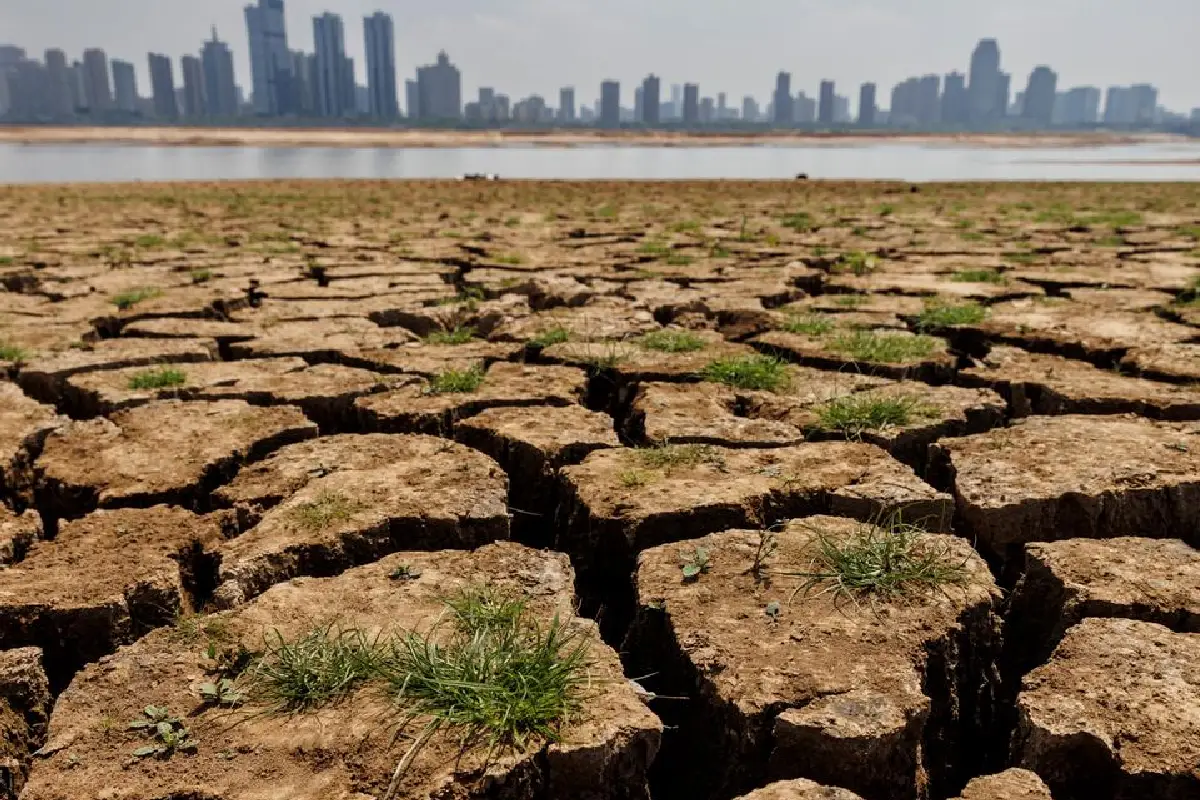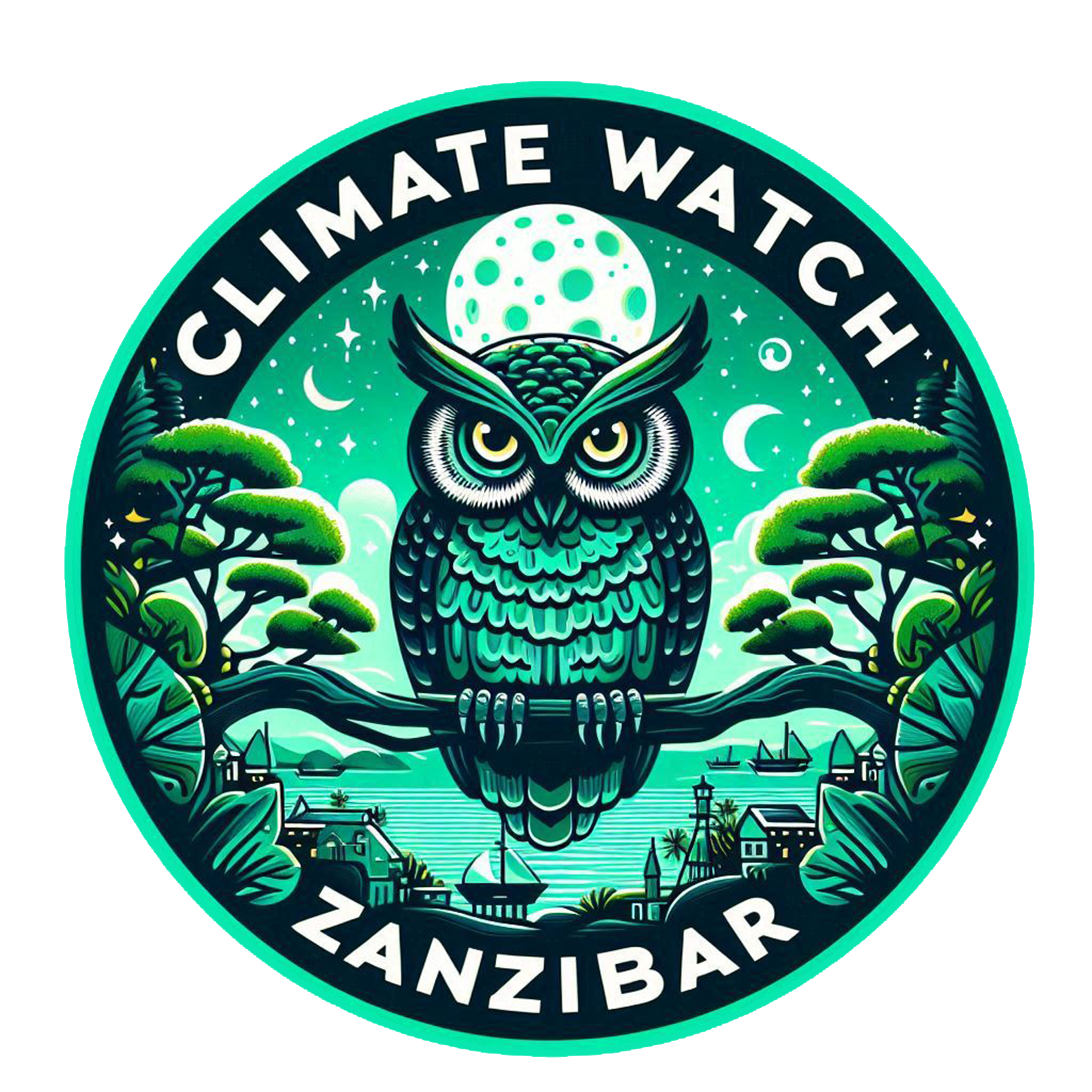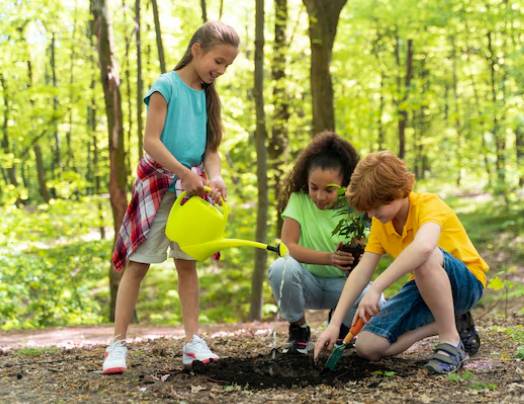
Project Summary:
"Zanzibar Green Horizon" is a transformative, community-based environmental protection and climate change mitigation initiative designed to safeguard the ecological heritage of Zanzibar while empowering local communities through sustainable practices. This project will address key environmental challenges such as coastal erosion, deforestation, waste pollution, and climate vulnerability through innovative, inclusive, and locally-led solutions.
Project Goals:
- Strengthen environmental awareness and education across all levels of society.
- Promote climate-resilient practices in agriculture, fishing, and urban development.
- Restore degraded ecosystems including mangroves, coral reefs, and forests.
- Reduce plastic pollution and improve waste management systems.
- Enhance community preparedness for climate-related risks such as sea-level rise and extreme weather.
Why Zanzibar?
Zanzibar, a beautiful archipelago off the coast of Tanzania, is highly vulnerable to the impacts of climate change:
- Rising sea levels threaten coastal settlements and tourism infrastructure.
- Coral reef bleaching disrupts marine biodiversity and fisheries.
- Deforestation and unsustainable farming practices reduce carbon sinks and increase land degradation.
- Poor waste disposal and plastic pollution damage natural habitats and marine life.
Key Project Components:
- School-based environmental clubs
- Community eco-literacy workshops
- Climate action leadership training for youth and women
- Development of Swahili-language educational materials
- Mangrove reforestation (target: 100,000 seedlings in 3 years)
- Coral reef rehabilitation using artificial reefs and coral nurseries
- Native tree planting in inland forests and degraded areas
- Support for eco-tourism enterprises and sustainable handicrafts.
- Introduction of climate-smart agriculture (CSA) practices.
- Training on organic farming, composting, and water harvesting.
- Installation of community-based waste collection and recycling centers
- Coastal cleanup campaigns (monthly) and marine debris monitoring
- Promotion of biodegradable alternatives to single-use plastics
- Local climate risk assessments and mapping.
- Creation of climate-resilient infrastructure in flood-prone areas.
- Policy dialogues and partnerships with government and NGOs.
1. Eco-Education & Youth Empowerment
2. Ecosystem Restoration
3. Green Economy Promotion
4. Waste Management & Circular Economy
5. Climate Resilience & Advocacy
Timeline:
3-year phased implementation (2025–2028):
- Year 1: Capacity building, pilot projects, stakeholder engagement
- Year 2: Full implementation of restoration, waste management, and education
- Year 3: Impact evaluation, expansion, and institutionalization
Partners & Stakeholders:
- Local NGOs and community-based organizations.
- Zanzibar’s Ministry of Blue Economy and Fisheries.
- International environmental NGOs (e.g., WWF, UNEP)
- Schools, youth groups, and local religious leaders.
- Coastal communities, especially women and fishers.
Budget Estimate:
$1.5 million USD (can be scaled)
- Education & awareness: $250,000
- Ecosystem restoration: $400,000
- Waste management: $300,000
- Green economy & livelihoods: $350,000
- Monitoring, evaluation & administration: $200,000
01
Expected Outcomes:
- 200,000+ people educated on environmental issues
- 150 hectares of mangroves and forest restored
- 80% reduction in plastic waste in target communities
- 500 jobs created in green economy sectors
- Improved coastal resilience in 10 high-risk areas
02
Sustainability Plan:
A blended financing model including:
- Establish local environmental committees and cooperatives
- Transfer knowledge to schools and community centers
- Link project outcomes to national climate and development plans
- Build public-private partnerships for long-term support
Slogan:
"Protect Zanzibar Today, Sustain Our Islands Tomorrow"





